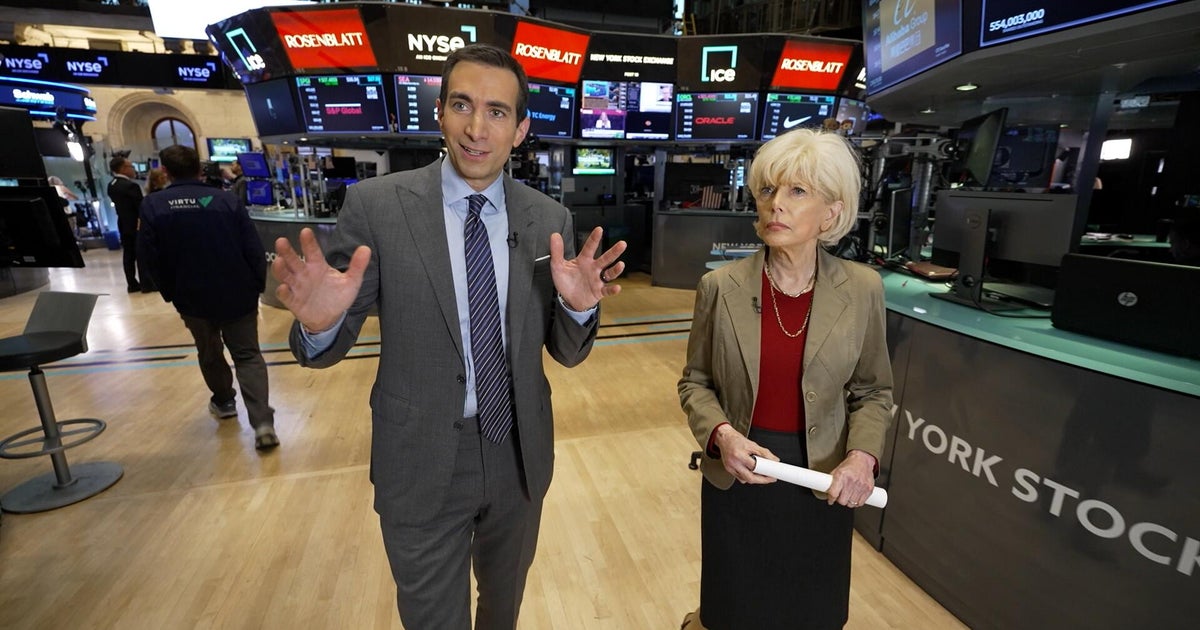Regional Banks Sell-Off Deepens on Credit-Quality Concerns

Market Overview
Stock futures are slightly lower following a significant sell-off in regional bank stocks, fueled by concerns over bad loans. This downturn reflects broader anxieties about credit quality and economic challenges, particularly in the commercial real estate sector. Recent disclosures by Zions Bancorporation and Western Alliance Bancorporation have highlighted these issues, leading to a sector-wide re-evaluation of risk.
Key Factors
The financial sector's vulnerability to credit issues is underscored by the swift response of investors, who are adopting a "sell first and ask questions later" approach. This behavior is reminiscent of past financial stresses and is exacerbated by high interest rates and a challenging economic landscape. The impact of these concerns is evident in the performance of regional banking ETFs, which have seen significant declines.
Implications
The current market situation underscores the fragility of investor sentiment in the banking sector. Even isolated credit issues can trigger widespread sell-offs, indicating a heightened sensitivity to risk. This environment may lead to further volatility as investors closely monitor financial disclosures and economic indicators.
About the Organizations Mentioned
Zions Bancorporation
Zions Bancorporation is a prominent financial services company headquartered in Salt Lake City, Utah, with approximately $89 billion in total assets as of the end of 2024 and annual net revenue of $3.1 billion in 2024[3][6]. Founded originally in 1955, it evolved from Zion’s Savings Bank and Trust Company, with key founding influence from Heber J. Grant, former President of the Church of Jesus Christ of Latter-day Saints[4]. Over the decades, Zions expanded significantly through acquisitions and organic growth, becoming the largest bank headquartered in Utah by the late 1990s[1][5]. The company operates across 11 western U.S. states—Arizona, California, Colorado, Idaho, Nevada, New Mexico, Oregon, Texas, Utah, Washington, and Wyoming—under a unique "Collection of Great Banks" model. This approach maintains distinct local brand identities and management teams for each major market, including well-known names like Zions Bank, California Bank & Trust, Amegy Bank, and Nevada State Bank[2][3][6]. This local orientation supports strong community ties and superior client service, particularly to businesses, households, and local governments. Zions has a legacy of strategic acquisitions, including significant deals in the late 1990s and 2000s such as purchasing 27 branches from Wells Fargo in 1997 and expanding into Texas with Amegy Bank in 2005[1]. The bank received $1.4 billion from the U.S. government during the 2008 financial crisis under the Troubled Asset Relief Program, which it fully repaid by 2012 with a government profit of $253 million[1]. Technologically, Zions has adapted to modern banking trends by consolidating multiple charters into a single one in 2018 and focusing on expense reduction and operational efficiency[1]. The company is nationally recognized for excellence in small business and middle-market banking and leads i
Western Alliance Bancorporation
Western Alliance Bancorporation is a leading bank holding company headquartered in Las Vegas, Nevada, specializing in commercial banking and financial services for locally owned businesses, professionals, real estate developers, high-net-worth individuals, and nonprofits primarily in Nevada, Arizona, and California[1][3]. Founded in 1994 as BankWest of Nevada, it has grown through acquisitions and organic expansion, uniting six legacy banks under the Western Alliance brand, including Alliance Association Bank, Bridge Bank, and Torrey Pines Bank, among others[2][3]. With over $85 billion in assets as of 2024, Western Alliance ranks as one of the top-performing large banks in the United States, recognized for excellence in leadership and investor relations[4]. Its banking services encompass commercial loans, cash management, trust and estate planning, custody and investment management, equipment leasing, and mortgage services through subsidiaries like AmeriHome Mortgage and Western Alliance Trust Company[1][3]. A key strength is its personalized, relationship-driven approach, pairing clients with dedicated bankers who understand their industries and goals. This customer focus is exemplified by partnerships with innovative companies such as TransAstra, an aerospace firm, where Western Alliance provides agile, tailored financial solutions to support rapid growth and technological development[2]. Technologically, Western Alliance emphasizes security and efficiency, offering advanced products like Positive Pay to combat check fraud through automated detection and integration with treasury systems[2]. The bank's conservative credit culture and commitment to serving high-growth markets underpin its sustained profitability and expansion[1]. Overall, Western Alliance Bancorporation blends community banking values with sophisticated financial expertise and technology-driven solutions, positioning itself as a trusted partner for mid-sized businesses and entrepreneurs seeking both stability and innovation in their banking relationships[1][2][3][4].
















